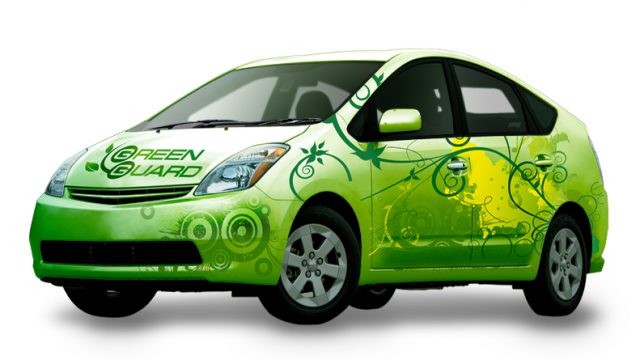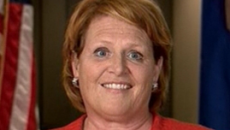Auto Markets Trump Government Central Planning

Our federal government has invested a lot of money, and passed a lot of laws, to promote so-called “green” vehicles that run on biofuels or electricity. But, if the Detroit Auto Show is any indication, all that investment hasn’t resulted in those vehicles getting traction in the market:
From sport utes to sports cars to soccer-mom vans, every industry segment is thriving—with the notable exception of the alternative-fuel vehicles into which Washington has sunk billions of taxpayer dollars.
Under the administrations of George W. Bush and Barack Obama, the federal government has tried to reinvent the automobile with ethanol and battery power. But the market is proving that industry—not Washington and its central planners—knows its customers best.
Predicting a breakthrough in switchgrass-based ethanol technology in 2007, the Bush administration mandated that cellulosic, or plant-cell based, ethanol production for American autos increase to 500 million gallons by 2012 and a staggering 16 billion by 2022. Washington then subsidized its fledgling industry with $1.5 billion in federal grants and tax credits. Prodded by Washington, General Motors used the 2008 auto show to announce investments in cellulosic ethanol companies and flex-fuel vehicles, and a national campaign to add E85 (a blend of 85% ethanol and 15% gasoline) pumps at gas stations.
Five years later and the ethanol market is a bust. Fewer than eight million gallons of cellulosic ethanol were produced in 2012, E85 pumps are rare (most blends are 10% or 15%), and ethanol is rarely mentioned at the auto show.
The electric revolution is muted too. Spending an estimated $10 billion of the 2009 federal stimulus bill on battery power, Team Obama predicted a million electric cars on the road by 2015. Today there are barely 30,000, and federally subsidized auto-battery suppliers like Ener1, A123 Systems, and LGChem are either struggling or bankrupt.
The 2013 show puts greenbacks first and green second. This year there are fewer politician-pleasing green concepts and more consumer-pleasing must-haves. For continued industry success, Washington would do well to keep its distance.
What’s scary is that this trend will probably prompt some politicians to push for even more subsidies, and even stronger laws, to push these vehicles on the American people.
Because they know what’s best, right?
Truth be told, I think some have far too much confidence in the government’s ability to control economies. People want what they want, and when regulations or taxes get in the way they just find ways around them whether we’re talking about a prohibition on alcohol or subsidies/mandates promoting “green cars” and biofuels.







